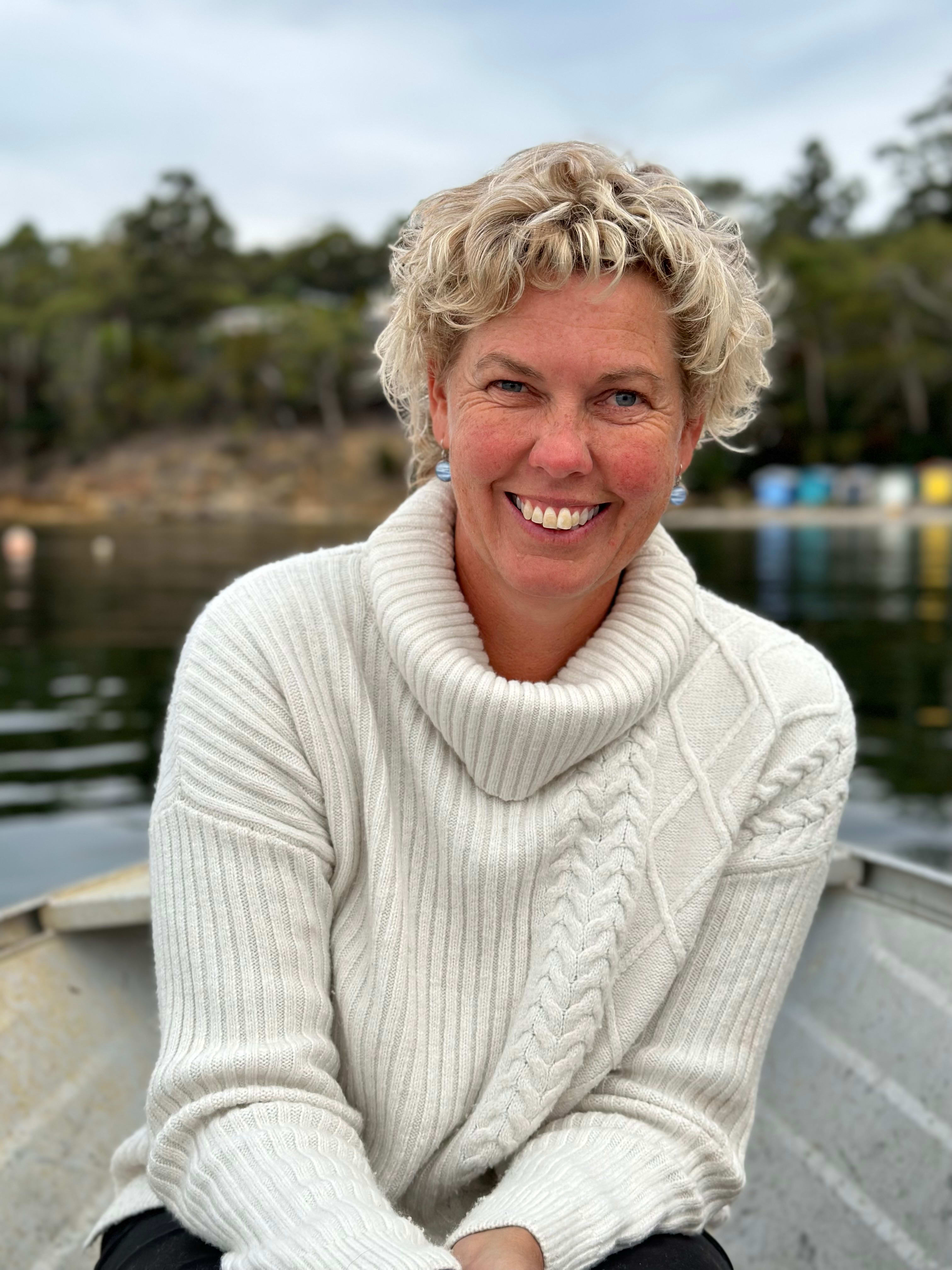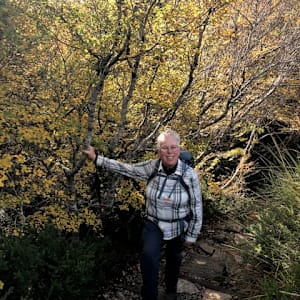Tasmania is full of blossom and bloom when spring takes hold and the days grow longer and brighter. There is renewed enthusiasm and happiness in the air as the long winter is finally over. It is a great time to walk around town and country and view our beautiful gardens.
But as you walk the streets, admiring the bulbs and buds, beware the happy gardener loitering among the blossoms of a weeping cherry tree or crouching by some thorny roses, for there is a dark side to gardening that shadows all the new season light.
Gardens may seem innocent havens that are carefully pampered by gentle custodians, but look beyond the smiling faces and buckets of free bulbs in the quiet streets of places like Battery Point or Welman St in Launceston, and you will find that a darker garden culture lurks just below the surface of the colourful freesias being tended by friendly faces.
Yes, there amongst the broad bean and pumpkin patches there is skulduggery, savage judgement and ruthless competitiveness. Look below the surface of the smiling retiree in dungarees and green gardening gloves and you will find that they are not so innocent and charming as their rows of radishes and lettuce might suggest. Speak to them and you will find that their talk of daffodils and dahlias is full of competitive innuendo and street-wise brevity about anything to do with gardening.
There's a certain passive aggressive rivalry among gardeners, especially in spring. “Have you got your snow peas in yet?” they ask cunningly, smugly knowing that theirs are already in. “How'd your broccoli go this winter?” they ask innocently, knowing that their fellow gardener’s crop had failed due to the pestilence of unforgiving slugs and snails.
Suburban gardeners always want to be the first in their neighbourhood to produce a crop and to have the biggest and brightest of flowers and vegetables.
Gardening is a deceptively aggressive hobby, perhaps like ballroom dancing: all smiles on the outside but just below the surface there is deep suspicion and animal-like survival of the fittest competitiveness.
Gardeners may seem like happy-go-lucky people, but comment critically on their precious home grown cauliflowers or denigrate their prize winning banksia roses at your peril – their puppy-like mouths will snap back at you like an angry rottweiler if they feel at all cornered. And remember, they carry sharp shears.
Yes, beware the quiet gardener, for they are the most dangerous. They live in a secret world of subterfuge and ambition. Especially devious are the gardeners who disappear into their sheds late at night, secretly mixing up never to be shared recipes for fertiliser concoctions, measuring out quantities of sheep poo, chicken manure and lime-enriched composts with street names like Liquid Gold, Black Beauty and Posy Power.
These midnight gardeners buy clandestine, foreign composts at exorbitant prices from underground nursery dealers who hide their eyes behind dark sunglasses and accept cash only. Prized bags of imported Lithuanian peat moss are stored in garden sheds under lock and key. And spouses will never hear of these weekend garden expenditures; they will be kept hidden by the obsessive secretness and duplicity of the smiling gardener.
There is no honour among thieves, and gardeners are master thieves. Gardeners will steal every secret, every organic insight that Cundall or Costa followers have learned over the years. They will rob one blind of originality or materials. On their evening walks they will stealthily take cuttings of prize hydrangeas and camellias. In the hush of a suburban evening, some will even sneakily dig up dahlia tubers and show no shame.
These cheerful gardeners will smilingly give away extra zucchinis, but they are always on the take. I have known gardeners who have borrowed entire bushes – always saying it was for sharing, in the interests of spreading a cherished rare species further. But I have yet to see a borrowing returned. They reap more than they sow.
So beware and defend your garden patch. Trust no one in the garden world – their horticulture obsession is something they can’t control. They want to have the biggest pumpkins. They want to have the tastiest tomatoes. They want to grow the tallest sunflowers. Handle them with care; admire the stunning purple of their azaleas, praise the sweet perfume of their roses, but never turn your back on them.
Especially if they are carrying a pitchfork. You do not want to end up in their compost.
But don’t let this free advice stop you from wandering in spring and appreciating the colourful blossoms that fill our urban gardens with colour and fragrance. Do stop to smell the crimson roses hanging over a picket fence, for life is short.
But, all the same, beware the shadowed face that you see peeping from behind a lace curtain, with eyes squinting at who dares enter their precious garden preserve. You are being watched.
A rose is a rose is a rose, but not to a gardener in Tasmania.

Don Defenderfer is a native of San Francisco who once went on a holiday to Alaska where he met an Australian who told him to visit Tasmania. So he did, and while here he met a woman. That was 30 years ago. He was state coordinator for Landcare Tasmania for many years, a job that allowed him to be inspired by not only the beauty of the Tasmanian landscape but by the many people that are trying to repair and renew it. He has a Masters Degree in Social Ecology and a Bachelor of Environmental Studies with a minor in writing. He has published three volumes of poetry, and his work has appeared in newspapers and periodicals, including The New York Times and The Australian.







